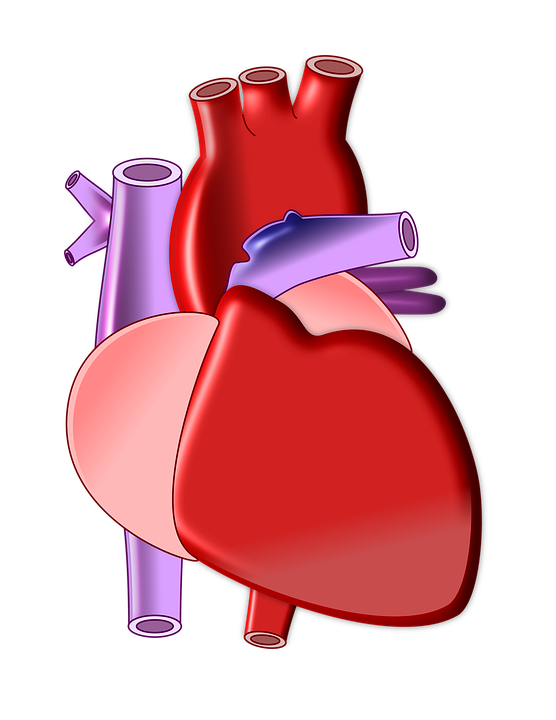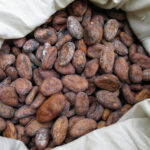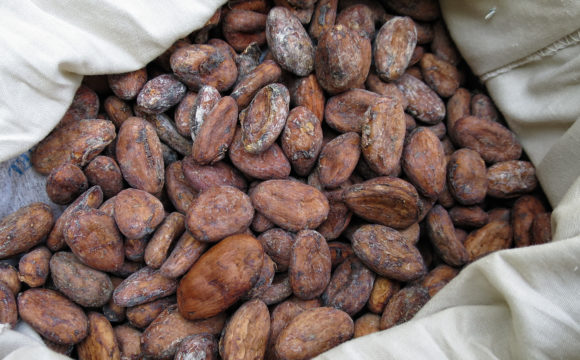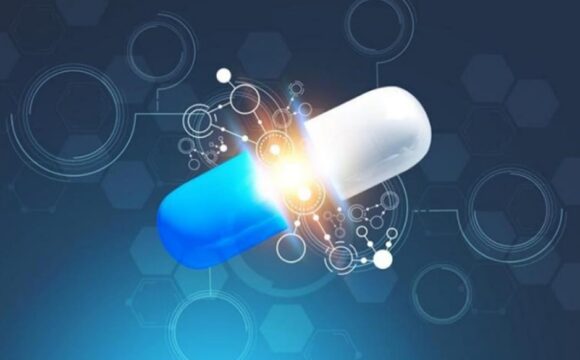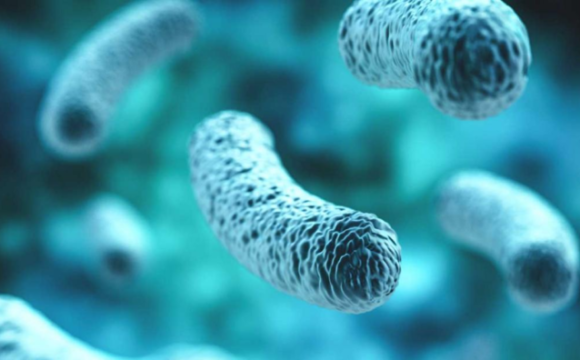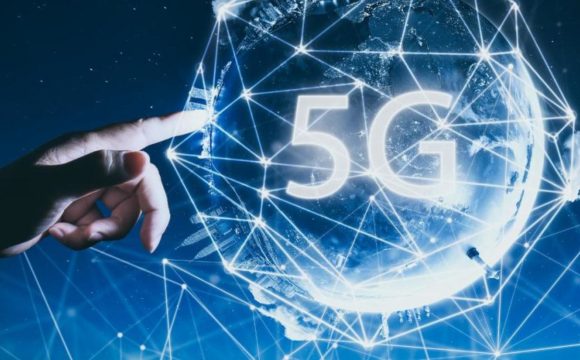The human heart is a nonstop working organ. It beats about 80 times per minute to drive 8000 litres of blood through body tissues each day. The heart is made of specialized rough muscles called the cardiac muscle whose function is involuntary. Amongst other peculiarities of the cardiac muscles is the fact that unlike the skeletal muscles the mammalian heart muscles lack the capacity to regenerate itself. This means that any damage or injury in the heart is likely to stay there forever. It is worsened by the fact that after injury muscle cells called cardiomyocytes are replaced by nonfunctional scars which then adds all of the pumping pressure or workloads on the remaining healthy heart muscles resulting in decreased functionality and eventually total failure. To tackle this problem, ace researchers in the field are actively engaged in exploring the regeneration potential of the cardiac muscles and a study from Israel this month offers a path of hope.
The study was based on the premise that heart cells do get regenerated in utero and some animals like mice retain this ability for some period after their birth (about 7 days). Something similar occurs in Zebrafish when in the case of an injury the fibrin clot immediately stops the blood from oozing out. This is followed by the extension of the epicardium (the layer immediately outside of the heart muscle) which takes in the clot. Growth factors like FGF1 then trigger the synthesis of new blood vessels (vascularization). All these events result in total healing and complete restoration of the zebrafish heart’s activity. Agrin, a large proteoglycan, present in the extracellular matrix (ECM) plays a role in regulating the signals from the nerve to muscle cells and declines rapidly in the mouse heart within seven days of birth. This made the researchers ponder over its role in heart regeneration.
Heart regeneration
(Source: www.escardio.org)
The addition of bits of ECM from newborn and week-old mice into cardiac cell cultures (in vitro) lead to the proliferation of cardiomyocytes. In the in vivo studies, a single injection of Agrin reduced and replaced the scar with healthy and functional heart tissues restoring the pumping of the heart. It, however, took about a month’s time for this restoration to occur.
The exact mechanism of Agrin’s action and the time period is the next big question coming out from this study. The team came up with a possible hypothesis. Agrin probably attaches itself to a receptor on the heart muscle cell. This takes the cell to a state which is closer to that of the embryo and this leads to the release of signals which amongst many other things also results in the initiation of cell division.
Prof. Eldad Tzahor
(Source: weizmann.ac.il)
This original research was conducted by Prof. Eldad Tzahor of Rehovot’s Weizmann Institute of Science, Israel and was published on June 5 in Nature. Further investigations are also being carried out at Technical University of Munich, Germany.
The ultimate goal of all such study is to counteract the high morbidity and mortality of the cardiovascular disease.
Reference:
Elad Bassat et al. The extracellular matrix protein agrin promotes heart regeneration in mice. Nature, 05 June 2017 (Online)



